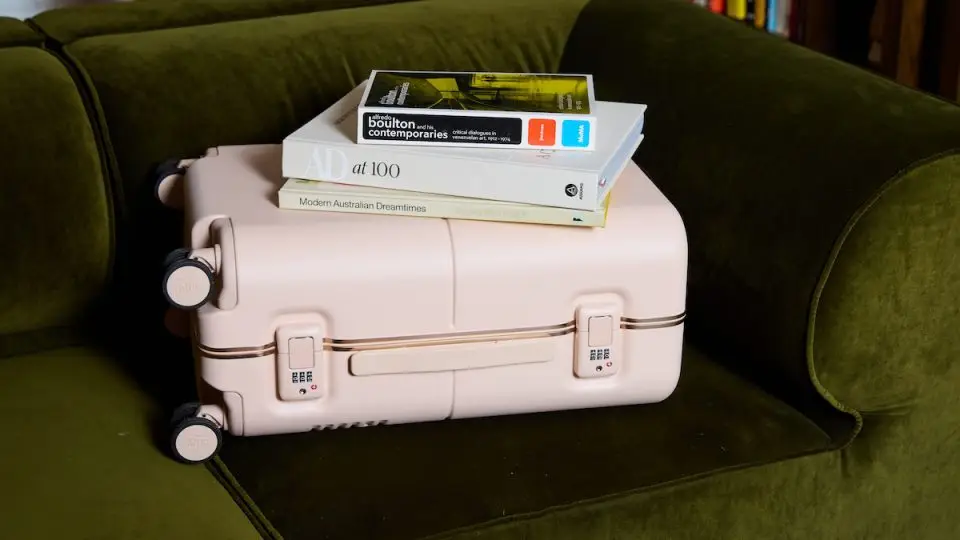Our Credit-Card Rewards Are Under Threat
RBA’s proposed 0.3% interchange cap could gut credit-card rewards and quietly load fees into shelf prices, costing Australians both points and money.
Today the RBA has released a consultation paper that essentially spells out the end of credit-card rewards as we know them. If this sounds familiar, that’s because we’ve been here before, sort of.
Some History
Back in 2017 the RBA cap on interchange fees went live, imposing a 0.8% hard ceiling. Earn rates on credit cards tumbled. Visa and Mastercard products once earned more than 1 point per dollar—look at the earn rates now, they’re abysmal.
Luckily, American Express was excluded because it controls its own network. But with lower interchange fees on Visa and Mastercard, Amex had no choice but to follow suit and cut earn rates so it could offer lower merchant fees.
The Bad News
With this new consultation paper, the RBA plans to finish what it started: kill off surcharges on credit and debit cards, cap the credit-card interchange fee at 0.3%, cut debit-card fees from 10 c / 0.20% to 6 c / 0.12% per transaction, and make card networks publish quarterly, network-level data on interchange and scheme fees so acquirers and merchants can compare costs.
A drop in interchange from 0.8% to 0.3% is disastrous for everyday earn rates on credit cards. It’s a decline of more than 60%, so we can expect earn rates to fall by roughly the same margin.
Of course, once again Amex is excluded because it runs its own network (which is genius. I highly recommend reading up on its history, it’s super interesting). But what do you think will happen when Visa and Mastercard are forced to drop fees? Amex will need to follow in a race to the bottom; to stay viable it will also have to reduce rewards.
Will It Reduce Costs?
“Oh, but this will reduce costs to consumers,” I hear you say. Wrong. Look at Europe. They did exactly the same thing (in fact, it looks like the RBA is copying the European model line-for-line). Riddle me this: are goods cheaper in Europe? Nope.
Let's take the UK for example, they dropped their interchange fees from 0.8 to 0.3. Guess what happened, fees remained high (Stripe UK is 1.5% vs 1.7% in Australia) and rewards earned tumbled! The Amex Platinum in the UK earns 0.5 Avios per AU$1, in Australia Amex Platinum earns a generous 1.125 Avios per AU$1.
Do you think your local coffee shop is going to absorb those fees? They will simply bake them into the total price and most savvy businesses will probably round it up so an exercise that is designed to "make it easier" and "cheaper" will just end up costing more.
Small Business Will Lose
As a business owner, this is a double-edged sword. On one hand you want to save 1.7% in fees (a deductible business expense, of course). On the other hand, if you’re a savvy operator you also want to earn a shit tonne of points from business expenses and take the family on first-class flights. Remember, business owners benefit far more from the current points system than the average consumer just on spending power alone. If our rewards are cut in half (likely outcome), it's likely there will be no value arbitrage. For example:
To obtain 90,000 Avios (enough for a one way business class flight from Australia to Europe) one needs to spend $80,000 on an Amex Platinum. Let's assume the fee is 1.7%, this means the cost to obtain 90,000 Avios is AU$1360. If you're a business owner that cost will likely be lower since you can deduct it.
Now let's do the same, using the UK data. You would need to spend $180,000 to get the same 90,000 Avios. The cost to you, based on a 1.5% merchant fee is $2,700.
You tell me: which one is the better option? Do we really need government to protect us from the big bad bank fees?
No-surcharge: good in theory, bad in practice
Businesses can pass on the credit-card surcharge right now or chose to bake it into the product cost. While I agree surcharges on debit cards shouldn’t be high, this is actually a non-issue because we already have the tool for it: eftpos. Of course, usage has dipped because consumers love using their debit cards globally (and the insurance that gives you!), and Visa and Mastercard dominate that domain.
If surcharges are banned, the businesses that passed them on will simply build the cost into their final price. Even if you pay cash, your total cost will still be higher. Everyone loses.
The fee isn't even really an issue, I'm sure most of us are happy to pay a surcharge obtain lucrative rewards.
What’s the solution?
The answer isn’t more regulation; it’s less. Businesses need room to compete on price and rewards without new layers of red tape. Government should only be encouraging innovation and competition in the payment space, this way we all win. Beyond that we need to:
- Retain merchant surcharging rights. Allow the market to signal payment-method cost differences transparently or chose to absorb them as a cost of doing business.
- Keep the current weighted-average benchmarks. They give issuers flexibility to serve diverse customer segments while curbing excessive rates.
- Publish scheme-fee data. This part of the RBA proposal actually makes sense—better disclosure could deliver the competitive discipline without blunt price controls.
What can you do?
I’m almost certain our feedback will fall on deaf ears, but I urge you to try. The proposal is open for comment until 26 August, so get your submission in and make your concerns heard. You can find the full proposal here: https://www.rba.gov.au/media-releases/2025/mr-25-19.html and you can contact the RBA via: rbainfo@rba.gov.au
Related posts







